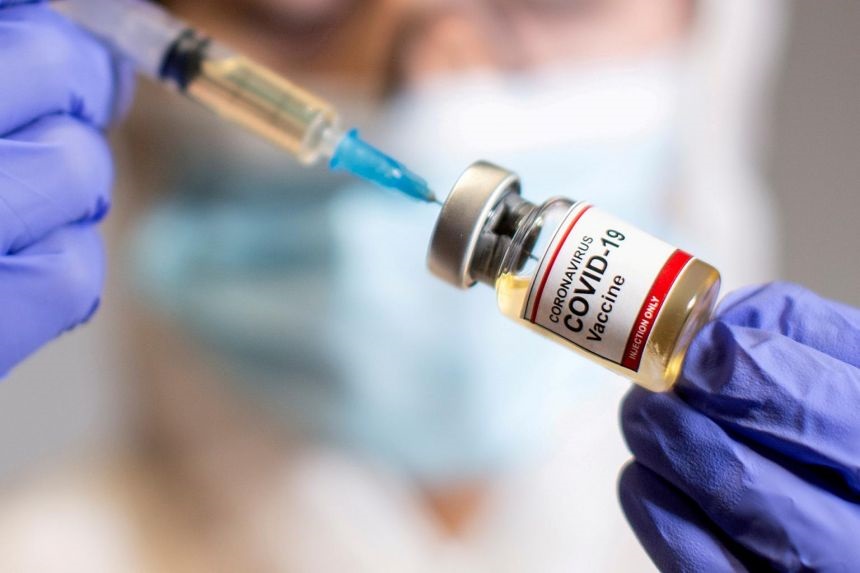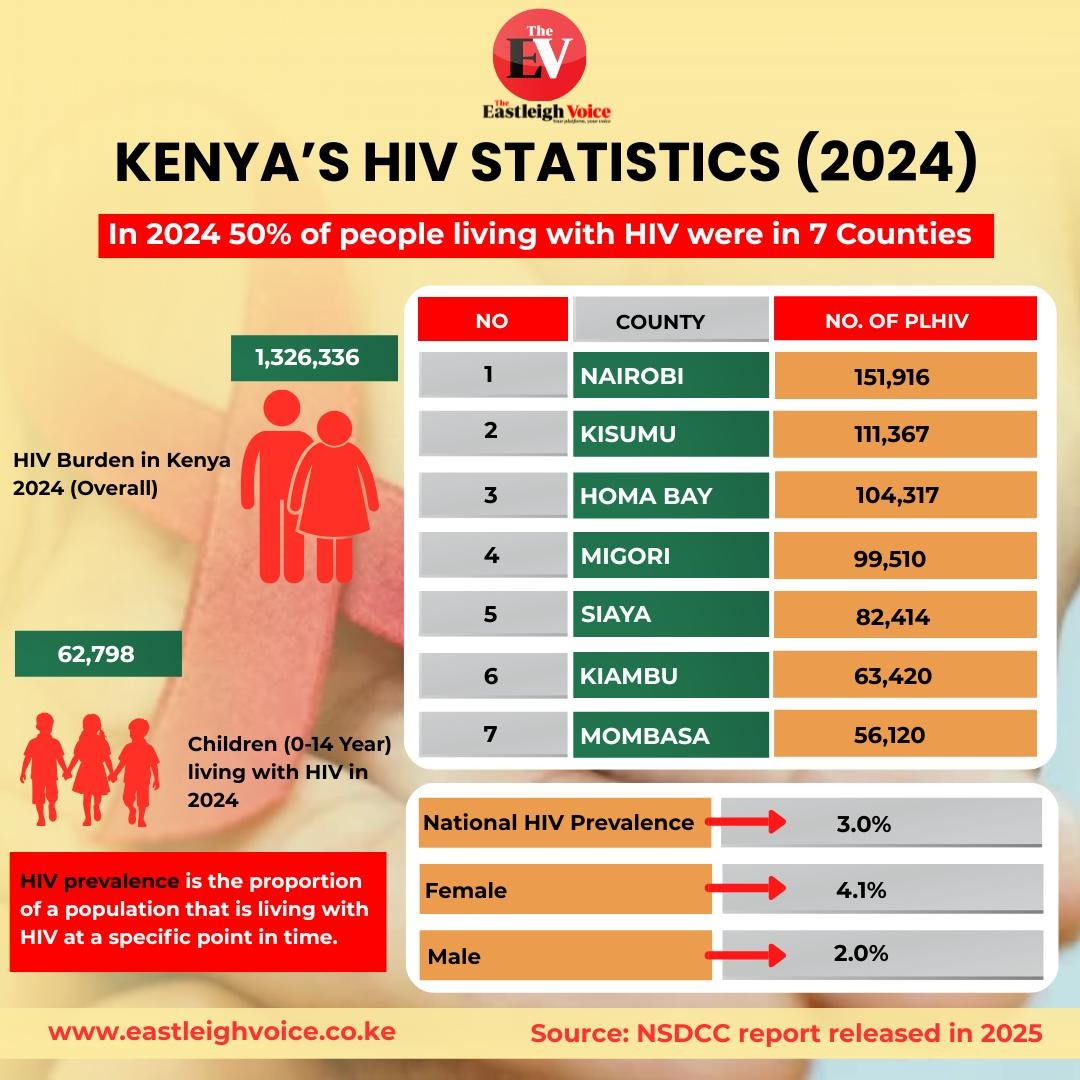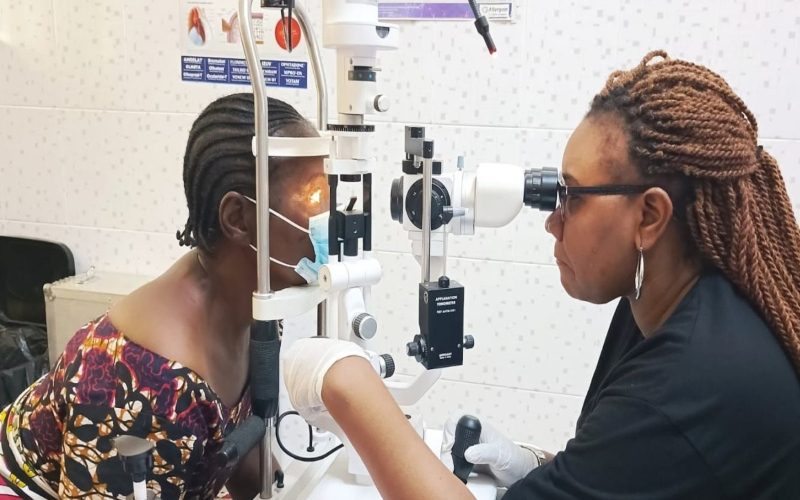Study finds Covid-19 mRNA vaccines may boost cancer immunotherapy

Researchers discovered that patients who received an mRNA Covid-19 vaccine, such as Pfizer-BioNTech or Moderna, within roughly 100 days of starting immunotherapy lived significantly longer than those who were not vaccinated.
A study published in Nature in 2025 suggests that Covid-19 mRNA vaccines, which saved an estimated 2.5 million lives globally during the pandemic, may also help the immune system fight cancer.
Researchers found that the same mRNA technology used to protect against SARS-CoV-2 could enhance the effectiveness of cancer immunotherapy, offering a potential new approach for patients with difficult-to-treat tumours.
More To Read
- How 'Long Covid' continues to challenge patients five years on
- Government unveils national action plan to boost hazardous threat response
- Long Covid’s lasting damage: Why many South Africans still struggle with fatigue, anxiety and memory loss
- Ruto announces increase in cancer treatment cover to Sh800,000 under SHA from December 1, 2025
- Study shows women under 50 face higher risk of colon growths from ultra-processed foods
- Study reveals why colorectal cancer resists immunotherapy
The study analysed data from over 1,000 patients with advanced non-small cell lung cancer or melanoma, a serious form of skin cancer. All patients were receiving immunotherapy, a treatment designed to help the body's immune system recognise and attack cancer cells.
Researchers discovered that patients who received an mRNA Covid-19 vaccine, such as Pfizer-BioNTech or Moderna, within roughly 100 days of starting immunotherapy lived significantly longer than those who were not vaccinated.
Among lung cancer patients, vaccinated individuals had a median survival of approximately 37 months, compared with 21 months for unvaccinated patients. In the melanoma cohort, survival among vaccinated patients was so favourable that the median survival, the point at which half of the patients are still alive, had not yet been reached.
The greatest benefit was observed in patients with "immunologically cold" tumours, which normally do not respond well to immunotherapy because the immune system fails to recognise them. In these patients, the three-year survival rate was nearly five times higher among those who had received the vaccine.
Laboratory studies suggest a possible explanation. The mRNA vaccine appears to "wake up" the immune system, enhancing key immune signals and activating T cells, which are responsible for attacking infections and cancer. This heightened immune alertness makes cancer cells more visible to the body's defences and allows immunotherapy to work more effectively.
If confirmed in future studies, these findings could represent a major breakthrough. They suggest that a widely available vaccine could be repurposed to improve cancer treatment and demonstrate the flexibility of mRNA technology, not only for preventing infectious diseases but also for strengthening the immune system against cancer.
However, the study was retrospective, meaning it examined past patient records rather than conducting a controlled trial. While the link between vaccination and improved survival is strong, it does not yet prove a direct cause-and-effect relationship, as factors like overall patient health or access to care may have influenced the results.
To clarify these questions, researchers are planning clinical trials in which patients will receive the mRNA vaccine alongside immunotherapy. If these trials confirm the benefits, mRNA vaccines could become an important tool in the fight against cancer.
Globally, lung cancer is one of the most common and deadly cancers. In 2022, there were approximately 2.48 million new cases and around 1.8 million deaths. The countries with the highest number of new cases included China, the United States, and Japan.
Melanoma is less common but remains highly dangerous. In 2022, there were roughly 325,000 new cases and approximately 57,000 deaths.
In Kenya, lung cancer ranks 11th among the most common cancers. Despite its lower incidence, it has a high fatality rate of about 92 per cent, largely due to late-stage diagnosis. The disease is often misdiagnosed as tuberculosis or other chronic lung conditions, delaying treatment.
For melanoma, national statistics are limited, but it is generally less common. The lack of comprehensive data may contribute to underreporting and underdiagnosis.
Top Stories Today












































